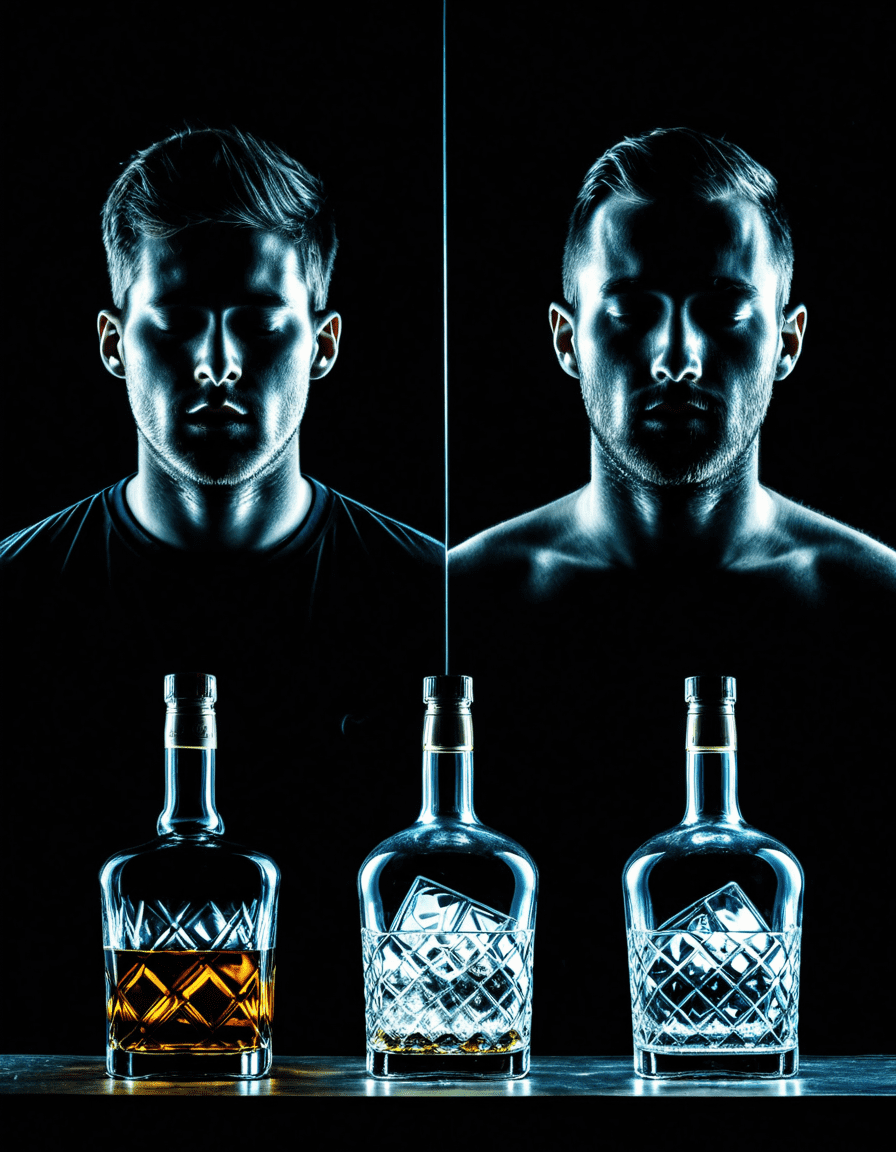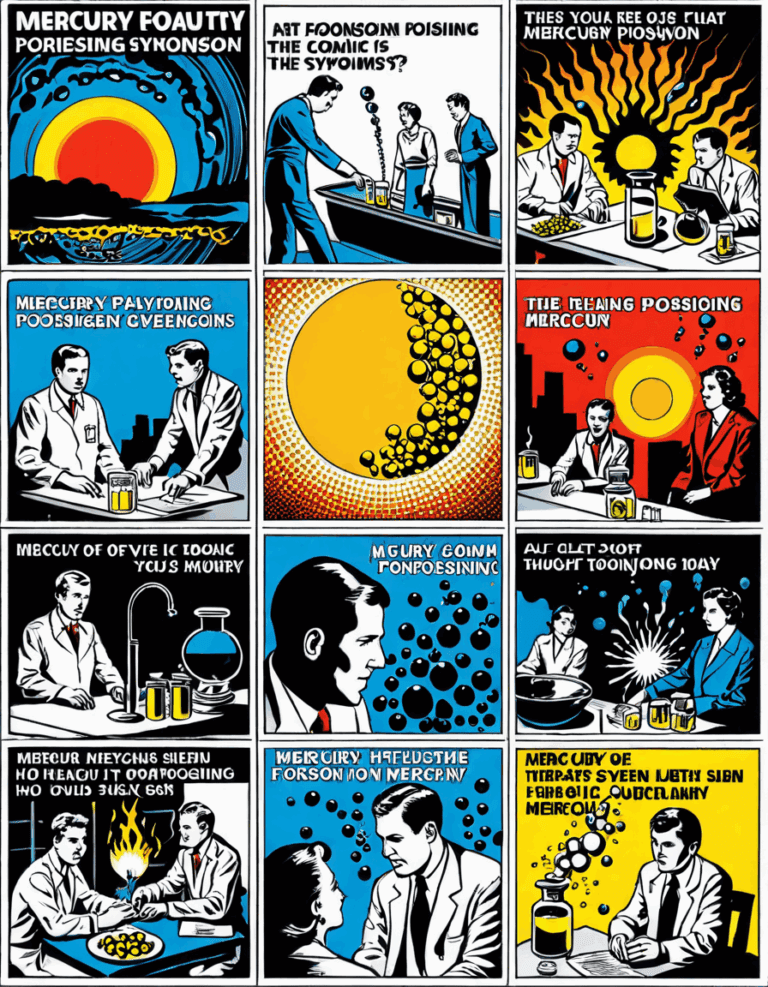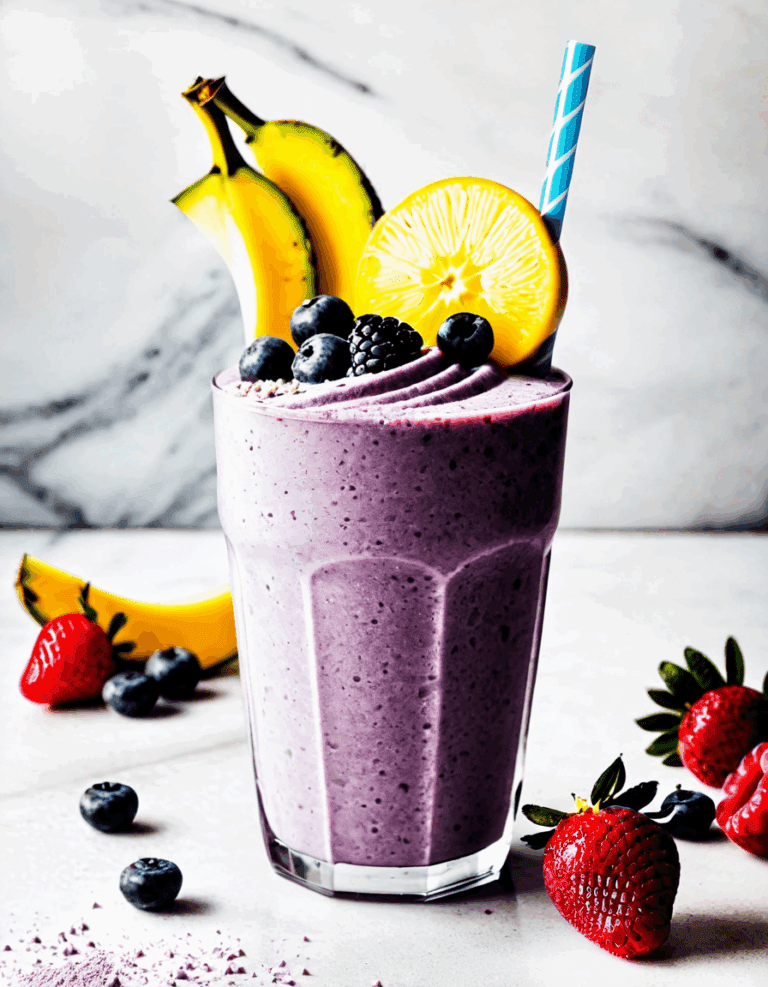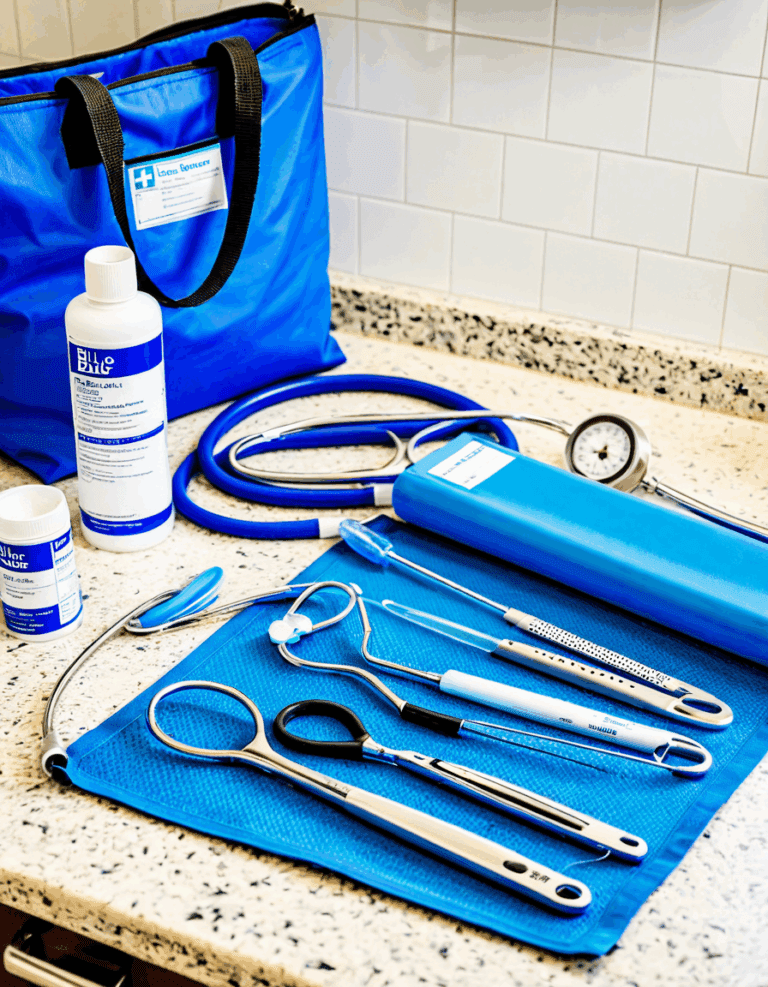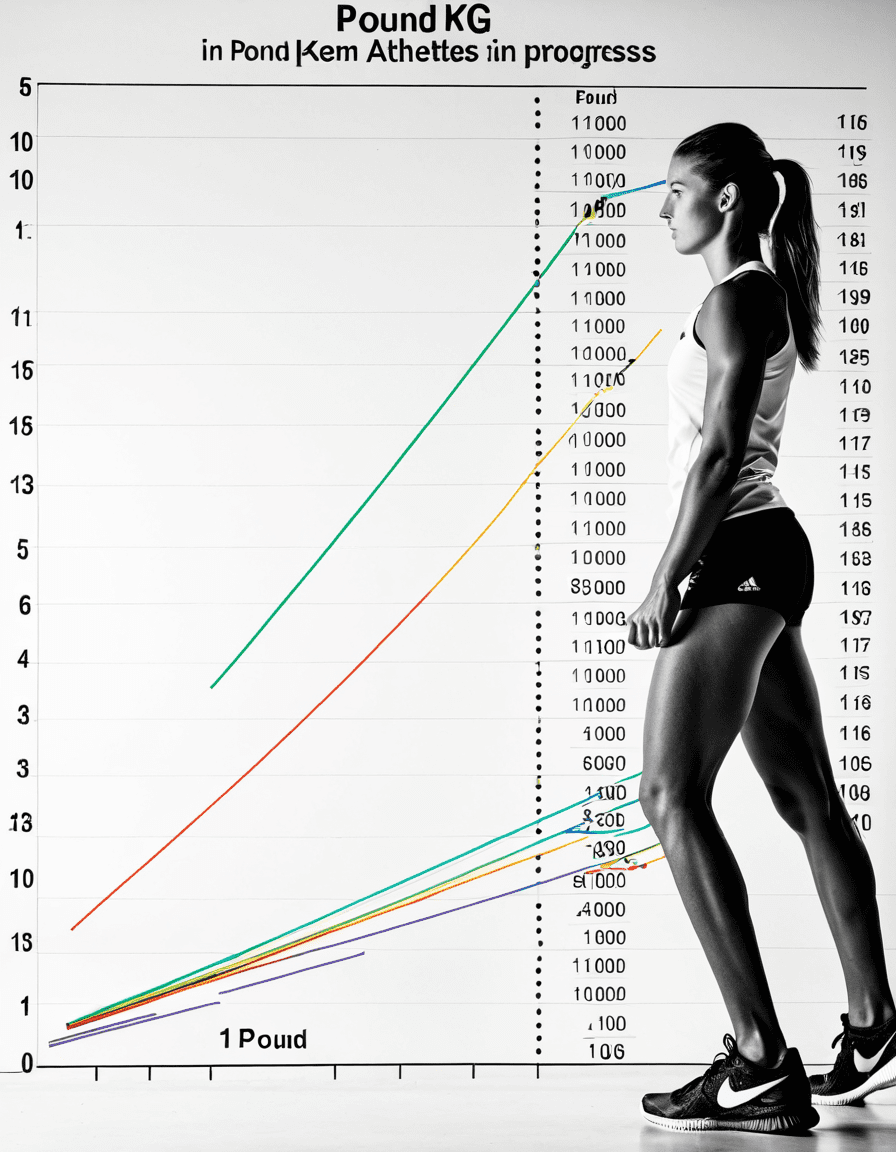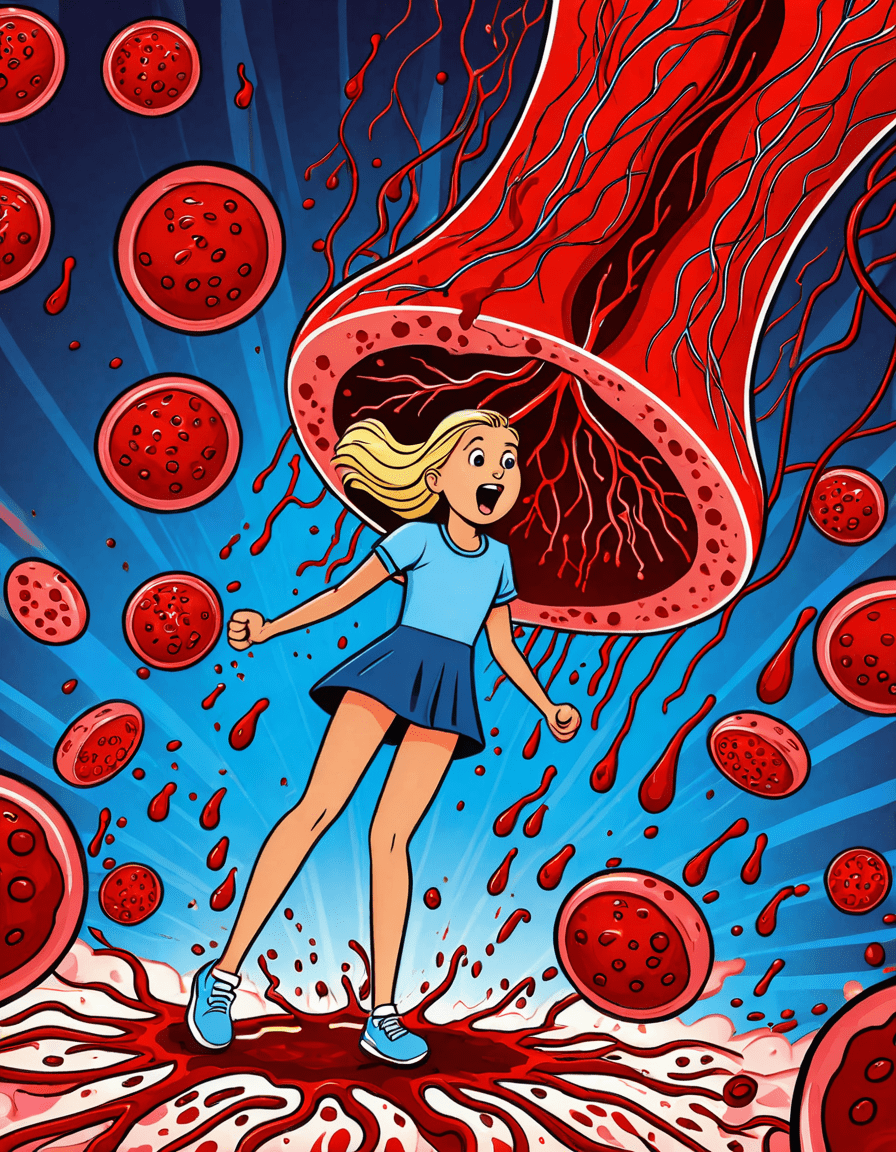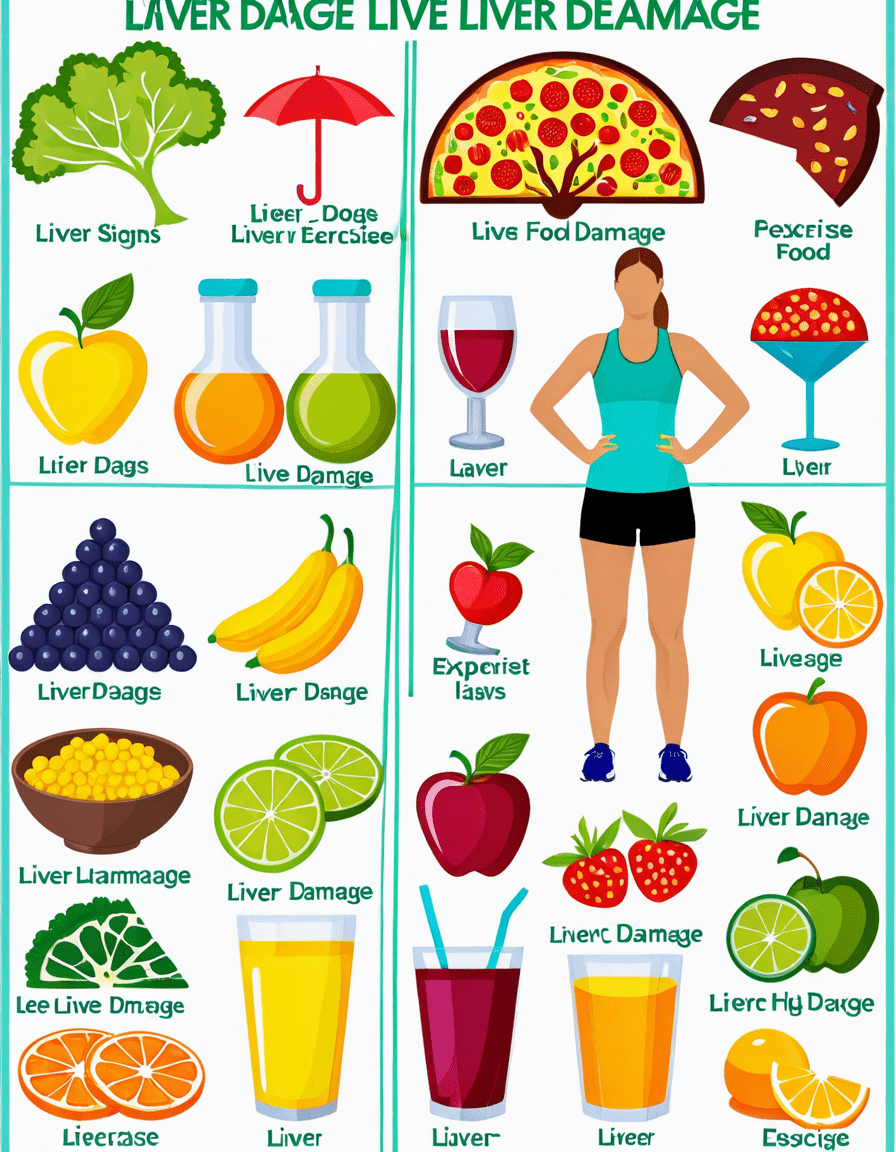Understanding alcohol withdrawal symptoms is crucial for anyone considering sobriety. If you’ve decided to quit drinking or are supporting someone making that choice, being informed is key. These symptoms can range from mild to severe, making the recovery process challenging. In this article, we’ll break down the essential information about alcohol withdrawal symptoms and give you the tools to tackle them head-on. Remember, knowledge is power, and being ready will set you on the path to becoming your best self—just like getting shredded at the gym!
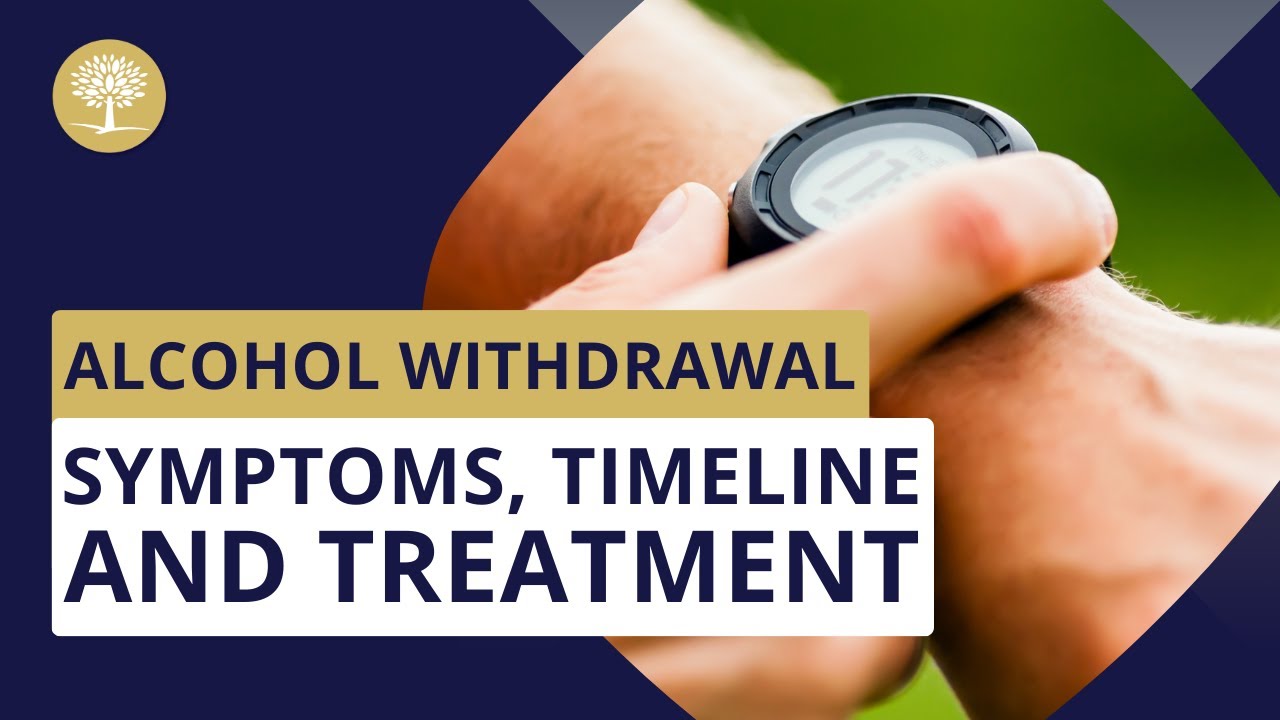
Top 7 Alcohol Withdrawal Symptoms You Need to Be Aware Of
Right out of the gate, many people battling alcohol withdrawal face anxiety. It’s like your mind is on overdrive, and panic attacks can pepper this experience. In fact, almost 75% of folks detoxing from alcohol experience some level of anxiety. Take comedian Jim Breuer, who opened up about his struggles during detox. His story highlights the mental hurdles many people face. If those nerves aren’t managed, they can slow down recovery. You’ve got to fight those feelings like you would a tough set in the gym.
You’ve probably heard of “the shakes,” and that’s exactly what we’re talking about here. Tremors generally kick in 6 to 12 hours after your last drink. Good news? These shakes can often be reduced with support. However, there’s a caveat; severe cases might escalate to delirium tremens (DTs), which can be severe and even life-threatening. Studies show that about 50% of individuals in withdrawal will experience tremors, so it’s crucial to be aware!
Alcohol is a depressant, and when it’s out of your system, your body goes into overdrive. This can lead to excessive sweating and fever, making you feel like you just ran a marathon without training! High-profile stars like Demi Lovato have talked candidly about these symptoms, which reflect just how distressing withdrawal can be. Your nervous system is reacting fiercely, so be prepared for this physical battle.
Feeling queasy? Nausea and vomiting are unfortunately common symptoms that can start as quickly as six hours after that last drink. These symptoms can stick around, potentially leading to dehydration. Research shows that those who experience severe nausea often relapse, highlighting the importance of medical support. A solid hydration routine can keep you on track while you kick this habit.
In severe cases, hallucinations can rear their ugly head during withdrawal. Whether it’s hearing things that aren’t there or seeing shadows dance, this symptom can be frightening. Think of actor Philip Seymour Hoffman, who described the paranoia and hallucinations that haunted him during withdrawal. If you or someone you know is experiencing this, medical intervention is critical. Don’t hesitate to reach out for help!
Seizures aren’t just a critical symptom; they’re downright dangerous. These can occur from 6 to 48 hours post-cessation of drinking. Alarmingly, about 30% of people experiencing withdrawal seizures may develop DTs. If you have a history of seizures or heavy alcohol use, getting medical treatment is essential. Your health is paramount, just like your fitness goals—don’t let something serious hold you back!
If you’re wondering why you can’t catch a break with sleep, withdrawal might be the culprit. Many people grapple with insomnia or restless nights, which can hinder the recovery process. Studies suggest these sleep issues may linger for months following detox. Just like in bodybuilding, rest is part of the game—without it, recovery takes much longer.

The Impact of Alcohol Withdrawal Symptoms on Recovery
Knowing these alcohol withdrawal symptoms is just the first step; understanding their impact on recovery is even more vital. These symptoms often deter individuals from seeking help. Many fear the discomfort outweighs the desire to quit drinking. Studies underscore that those trying to detox without medical supervision are at greater risk for complications and relapse. Don’t let fear hold you back from achieving your goals!
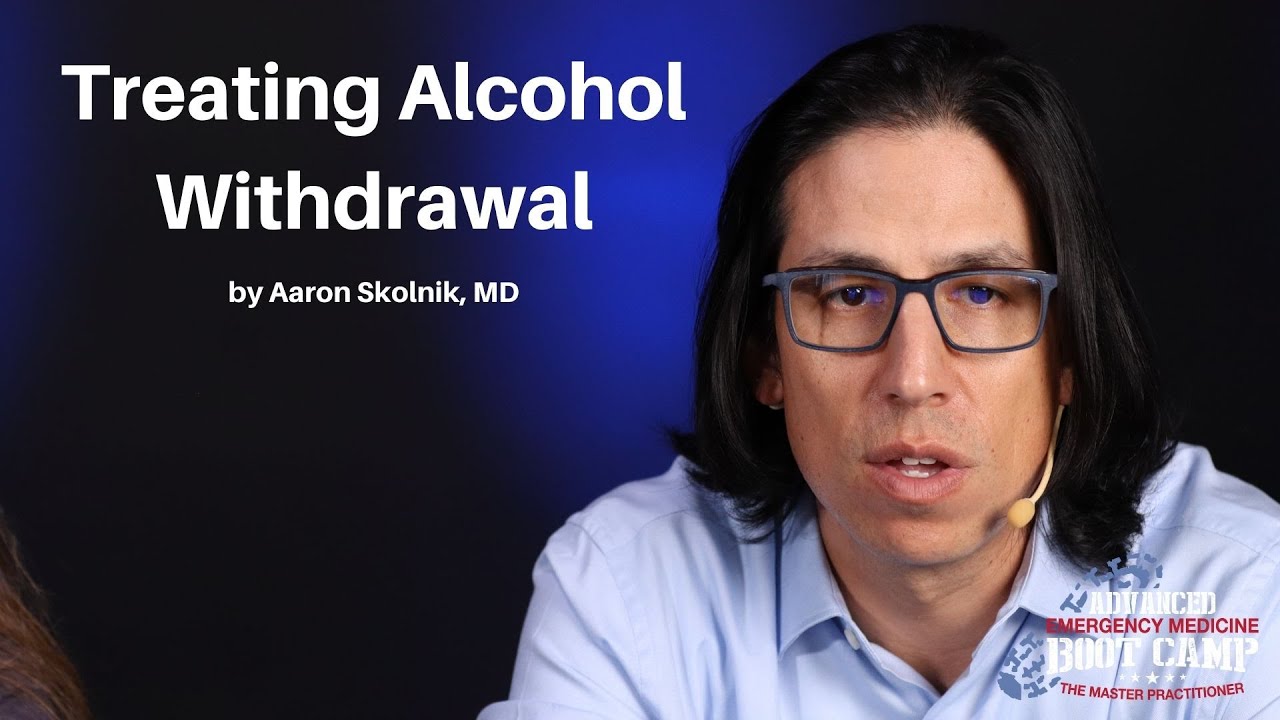
Effective Strategies for Managing Alcohol Withdrawal Symptoms
To truly navigate withdrawal, you’ve got to enter a comprehensive recovery program. This includes medical guidance, therapy, and supportive networks. Cognitive Behavioral Therapy (CBT) can arm individuals with strategies to tackle anxiety and worrisome thoughts during withdrawal. Embrace modern resources like mobile apps that offer real-time support and coping strategies. Programs like Smart Recovery focus on self-management and community, which can be incredibly valuable.
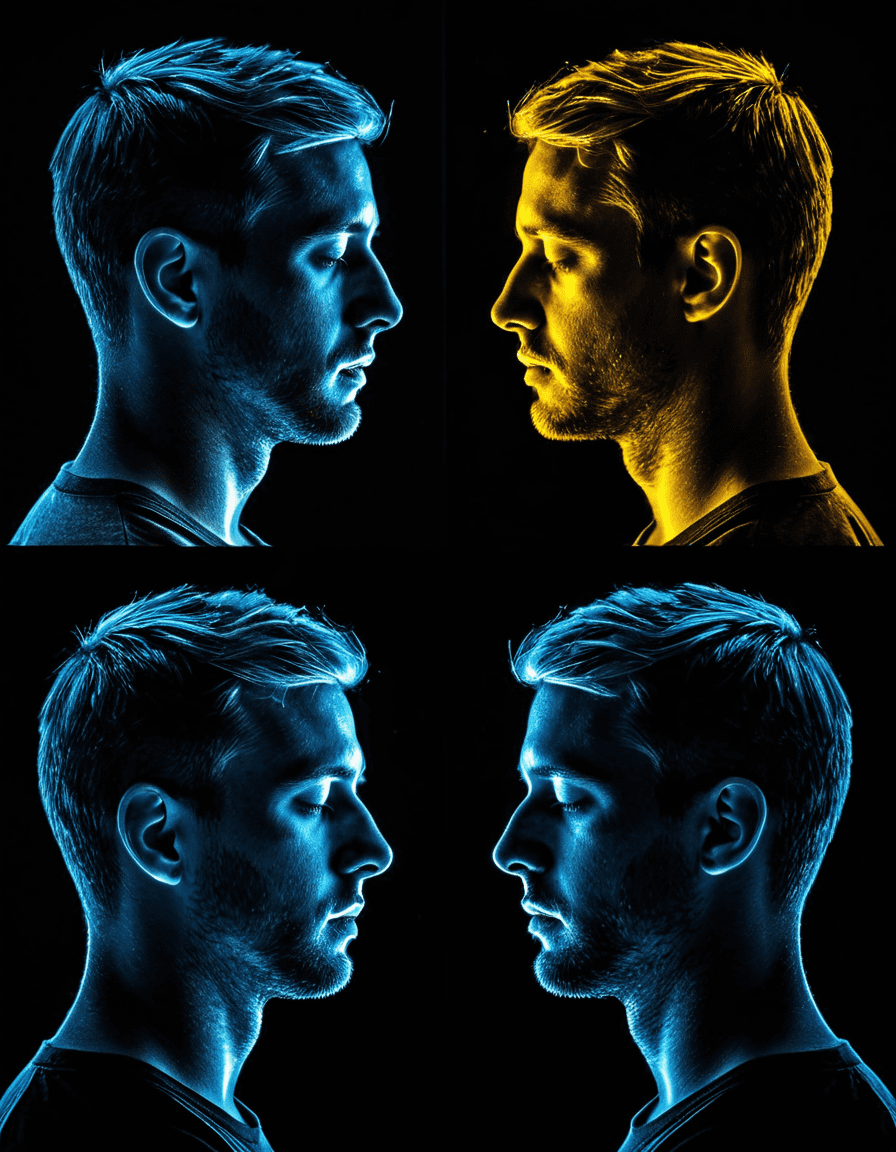
Final Insights on Addressing Alcohol Withdrawal Symptoms
The road through alcohol withdrawal can be rocky, but with awareness and proactive management, you can ease the process. Professional help is your ally. Tap into evidence-based strategies and connect with communities of support; this can help build resilience and foster lasting recovery. Just as Arnold Schwarzenegger once said, “Strength does not come from winning. Your struggles develop your strengths.” By navigating these withdrawal symptoms and seeking help, you’re taking the first step toward a healthier, stronger you.
At Chiseled Magazine, we know that becoming your best self is a journey. Remember, if you’re determined to get shredded, build muscle, and sculpt that six-pack, addressing alcohol withdrawal symptoms is an essential part of the process. Keep pushing forward, and never lose sight of your goals!
For more insights on health, fitness, and wellness check out our articles about Proteins and ways to turn your life around with good Dares that can improve your discipline! Don’t let anything stand in your way, whether it’s alcohol withdrawal symptoms or anything else—you’ve got this!

Alcohol Withdrawal Symptoms You Must Know About
Experiencing alcohol withdrawal can feel like a whirlwind. The symptoms can start anywhere from a few hours to several days after the last drink. Common indicators include anxiety, nausea, and sweating, sometimes escalating to more severe issues like tremors or hallucinations. It’s certainly a rough ride, and understanding these symptoms can be crucial. For instance, while you might think that feeling bad To The bone is just a saying, it’s a real experience for those going through alcohol withdrawal.
A Little Help from History
Interestingly, alcohol withdrawal has also been compared to other health conditions. Some symptoms, like confusion and physical discomfort, can sometimes resemble cases of mercury poisoning Symptoms. Isn’t it wild how similar experiences can stem from such different causes? In the medical community, much debate surrounds how best to approach treatment. Celebs like Melissa Fumero have even shed light on the importance of mental health, which plays a big role during recovery from alcohol withdrawal symptoms. This awareness is growing, much like how the innovative Autocamp movement encourages people to embrace their outdoor adventures while fostering community spirit.
Beyond the Surface
It’s easy to overlook the long-term impacts of alcohol withdrawal. Research shows that people facing these symptoms may struggle with emotional issues for years. That’s why a solid support system can be fantastic, offering that extra push. If you ever feel overwhelmed, don’t hesitate to seek resources, including guidance on setting up your own security system for your mental health. Additionally, stories of those like Madison Riley manifest how personal experiences can turn public narratives around alcohol and recovery.
So whether you’re doing some self-reflection or diving into research, it’s crucial to stay informed. Alcohol withdrawal symptoms aren’t just a fleeting phase. They can impact your life for the long haul. Staying educated about these changes can empower you — leading to better choices down the road and helping you navigate any rough patches like a champ!
